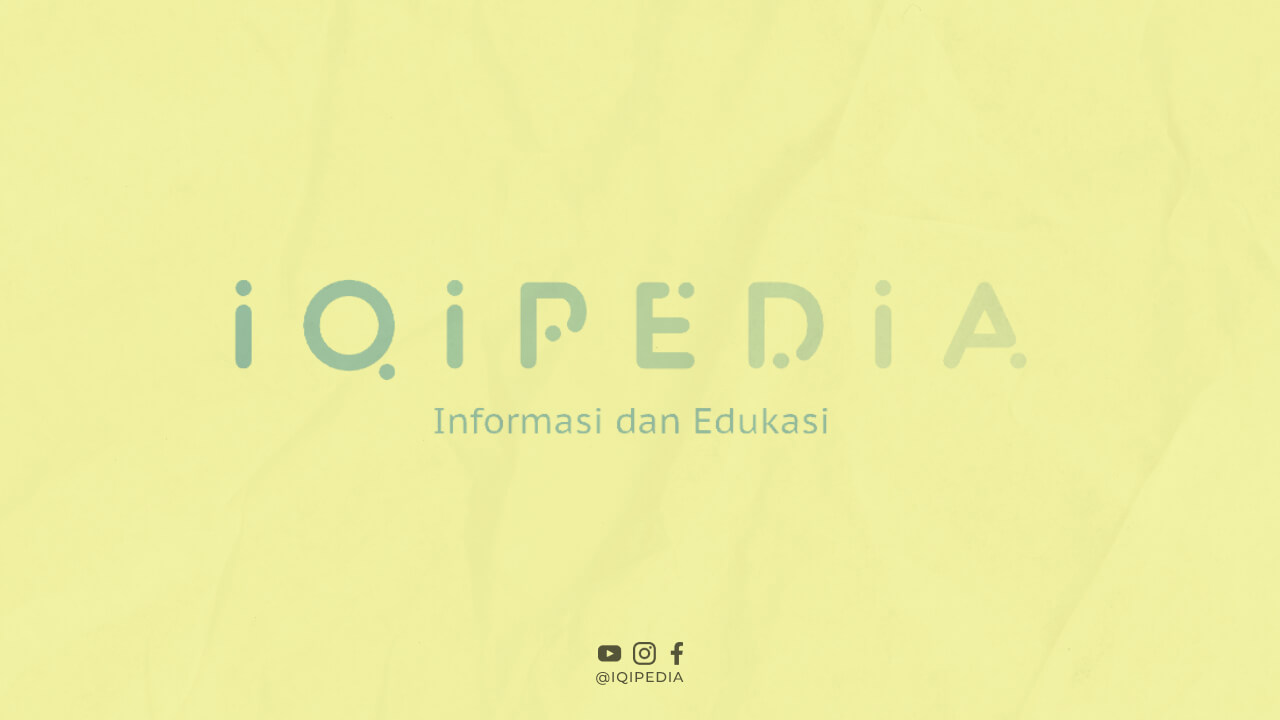The holy month of Ramadan is a time of reflection, spiritual growth, and fasting for millions of Muslims around the world. As one of the five pillars of Islam, the act of fasting during Ramadan is a deeply meaningful and personal experience for every individual who observes it. In Indonesia, this act of devotion is referred to as “rukun puasa” and is an integral part of the country’s cultural and religious identity.
What is Rukun Puasa?
Simply put, rukun puasa is the act of fasting during the Islamic holy month of Ramadan. It is one of the five pillars of Islam, which also includes the declaration of faith, prayer, giving of alms, and pilgrimage to Mecca. During this time, Muslims abstain from food, drink, and other physical needs from dawn until sunset.
While the act of fasting is a religious obligation, it also serves as a reminder of the blessings that one has in life and the importance of humility and gratitude. Fasting is seen as a way to purify the soul and to gain a deeper understanding of one’s own spiritual needs and desires.
The Five Pillars of Rukun Puasa
There are five essential pillars of rukun puasa that every Muslim must follow in order to observe the holy month of Ramadan. These pillars are:
1. Intention (niyyah)
The act of fasting during Ramadan must be done with a sincere intention and a pure heart. It is not enough to simply abstain from food and drink; one must also have a deep desire to connect with Allah and to purify the soul.
2. Abstaining from food and drink (sawm)
During the daylight hours of Ramadan, Muslims must refrain from eating, drinking, and smoking. The fast is broken at sunset with a meal called iftar.
3. Prayer (salah)
Prayer is a central part of Islam, and it becomes even more important during Ramadan. Muslims are encouraged to attend mosque for nightly prayers, which are called tarawih. These prayers are recited in groups and can last for several hours.
4. Giving of alms (zakat)
Zakat is the practice of giving to those in need. During Ramadan, Muslims are encouraged to give generously to charity and to help those who are less fortunate.
5. Pilgrimage to Mecca (hajj)
Hajj is a pilgrimage to Mecca that every Muslim is required to make at least once in their lifetime. While this is not specifically related to Ramadan, it is one of the five pillars of Islam and an important aspect of the faith.
The Spiritual Benefits of Rukun Puasa
While rukun puasa is a religious obligation, it also offers a number of spiritual benefits to those who observe it. Some of these benefits include:
1. Increased self-discipline
Fasting requires a great deal of self-discipline and willpower. By abstaining from food and drink during the daylight hours of Ramadan, Muslims are able to strengthen their willpower and develop a greater sense of self-control.
2. Greater empathy for others
When you are hungry and thirsty, you have a greater understanding of what it is like to be in need. Fasting during Ramadan can help individuals to develop a greater sense of empathy for those who are less fortunate.
3. Improved spiritual awareness
By abstaining from physical needs, individuals are able to focus more on their spiritual needs and desires. Fasting can help to enhance one’s spiritual awareness and to deepen their connection with Allah.
The Importance of Rukun Puasa in Indonesian Culture
In Indonesia, rukun puasa is an integral part of the country’s cultural and religious identity. The month of Ramadan is celebrated with great enthusiasm, and Muslims are encouraged to come together to share in the spirit of the holy month.
During Ramadan, it is common for families to gather for iftar and to break their fast together. Mosques throughout the country are filled with worshippers during tarawih prayers, and the streets are decorated with lights and festive decorations.
Conclusion
Rukun puasa is not just an act of religious devotion; it is also a time for personal reflection, spiritual growth, and community building. This holy month provides an opportunity for Muslims to deepen their connection with Allah and to strengthen their sense of self-discipline and empathy for others.
Whether you are a Muslim or simply interested in learning more about this important aspect of Indonesian culture, rukun puasa is a beautiful and meaningful tradition that deserves to be celebrated and cherished.




